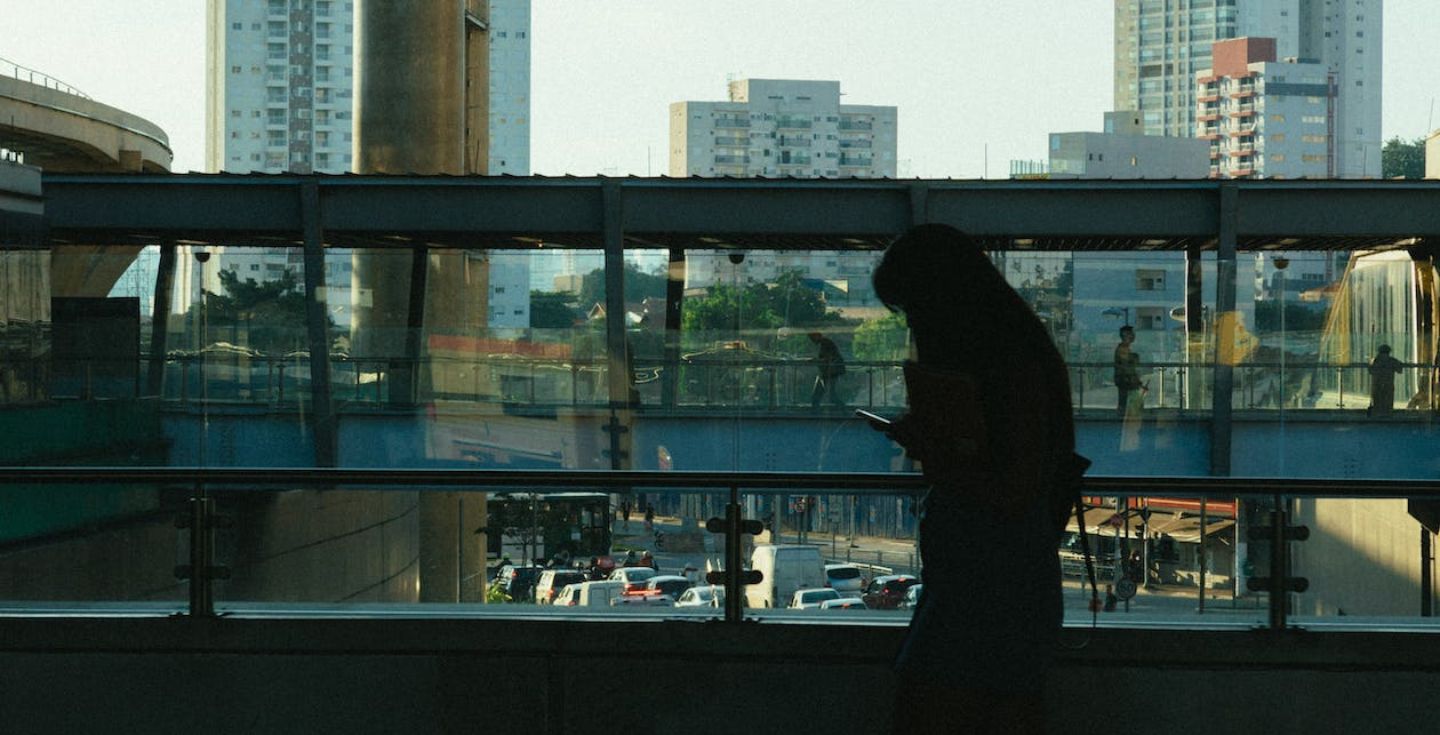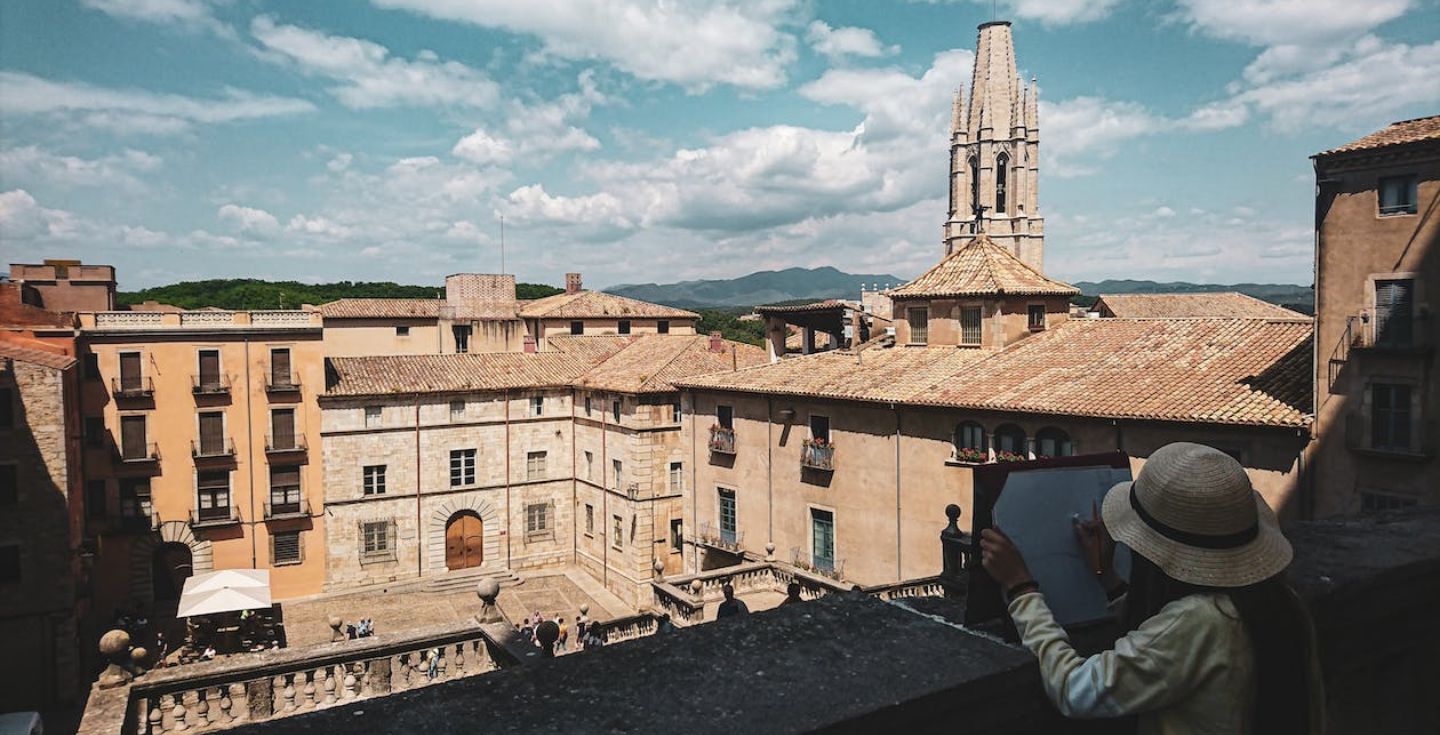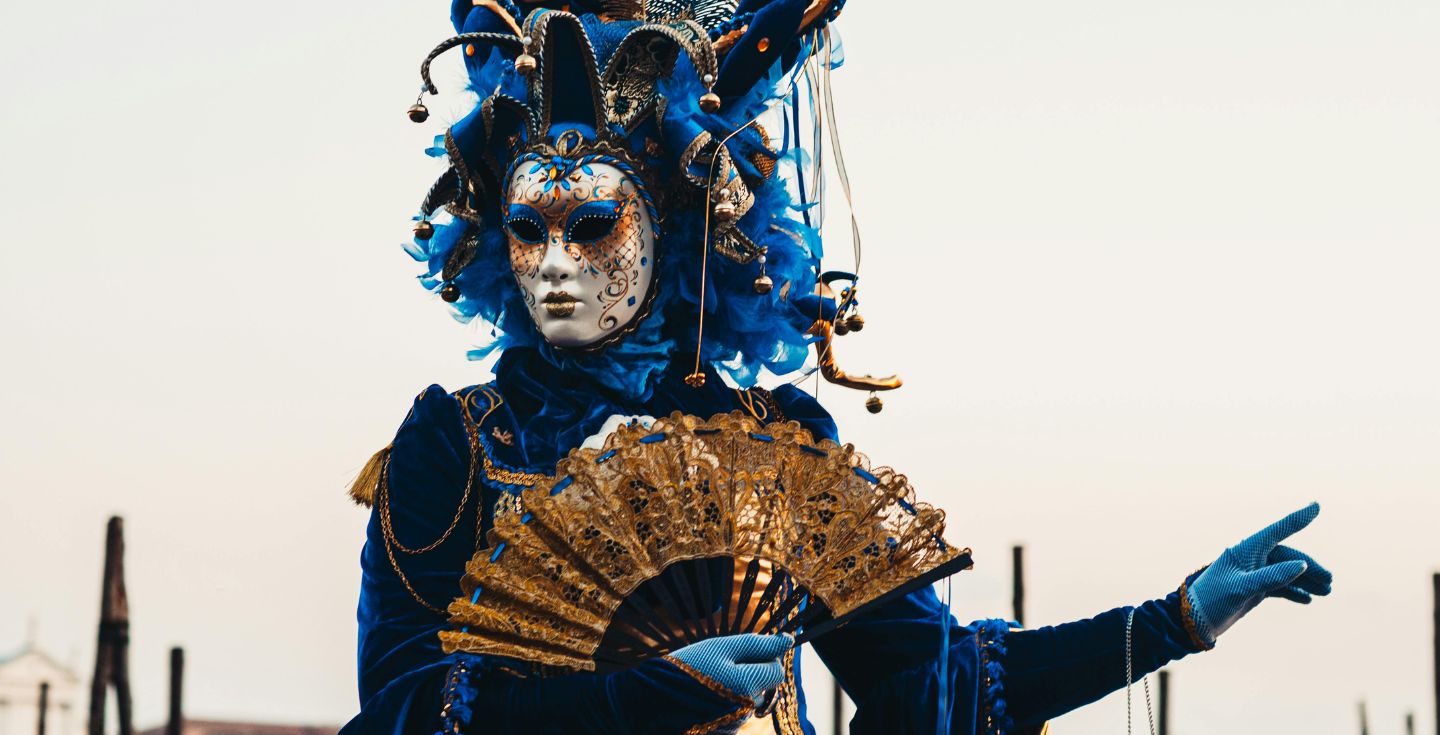20 Interesting and fun facts about Japan you should know
Discover interesting facts about Japan, the largest island nation in East Asia.
Home to Mount Fuji, famous for its graceful conical form, Japan is a fascinating country to visit and welcomes over 30 million tourists every year.
From Japan’s speedy bullet trains and Cat Island to the world’s largest fish market and UNESCO-listed Japanese cuisine, this incredible country boasts countless interesting facts.
Keep reading to discover the top 20 fun facts about Japan.
1. Japan has a UNESCO-listed cuisine
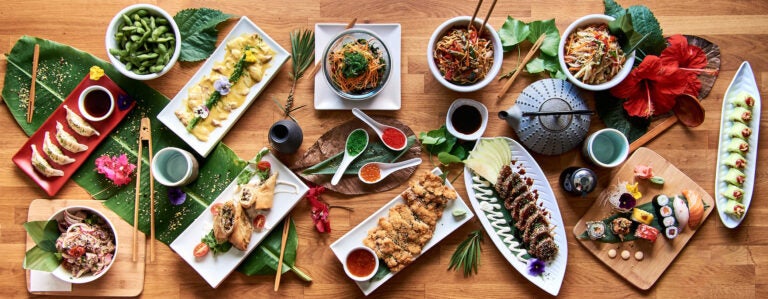
Washoku, or authentic Japanese cuisine, is listed as a UNESCO cultural heritage for several reasons. The main ones include the diversity and freshness of ingredients, a well-balanced and healthy diet, and incorporating seasonal changes and the beauty of nature at the dinner table.
2. In Japan, removing your shoes before entering a home, inn, or temple is customary
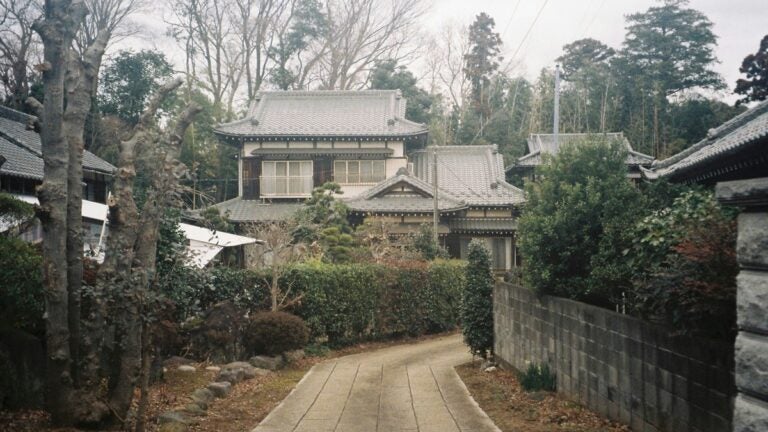
Before traveling to Japan, it’s crucial to familiarize yourself with the many customs and traditions the people follow. For example, taking your shoes off is customary before entering a home, temple, shrine, traditional inn, and even certain schools.
Removing your shoes signifies respect and is deeply integrated into Japanese culture.
3. Japan is famous for its bullet trains or Shinkansen
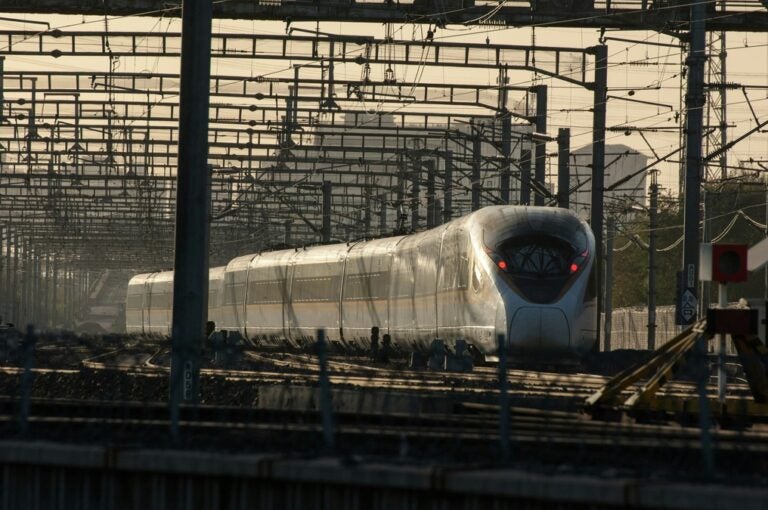
Among the many interesting facts about Japan are its bullet trains, or Shinkansen, which represent the country’s technological advancement in travel. The trains run at up to 200 mph and achieve these high speeds through electric propulsion, a sleek aerodynamic design, and magnetic levitation.
The arrival of the bullet trains and the country’s hosting of the Tokyo Olympics in 1964 signaled the beginning of a more modern Japan after the country’s defeat in World War II.
4. It’s polite to slurp your noodles and eat noisily in Japan
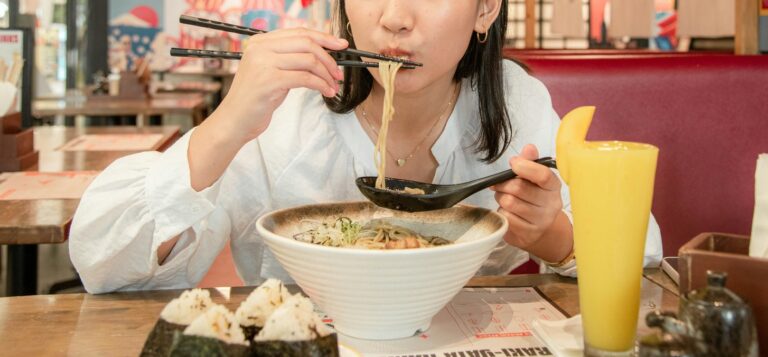
While eating noisily in public can be considered rude in Western countries, in Japan, it’s considered polite to make noise while you eat certain foods!
However, this only goes as far as eating Japanese noodles, like soba, udon, ramen, and somen, and drinking tea. So don’t feel you have to slurp over your sushi!
Considering the various cultural norms in Japan, it’s important to rehearse what to do and what not to do before you travel.
5. Japan has over 100 castles
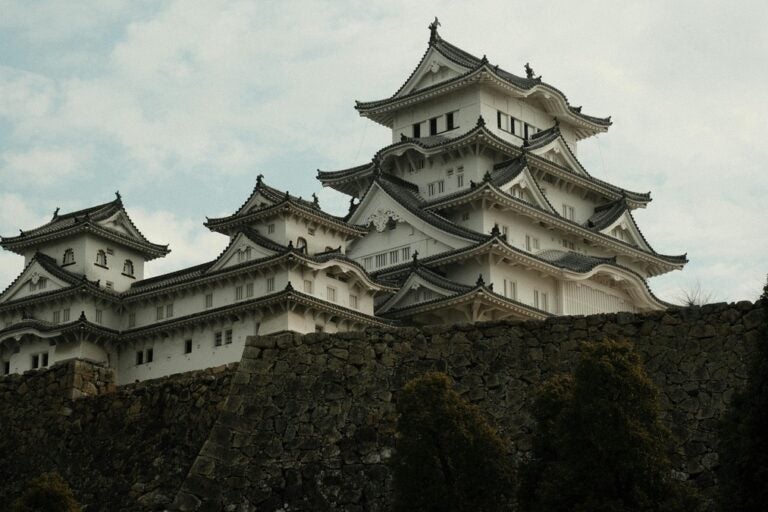
Japan consists of over 100 castles, but there were around 5,000 long ago. Only 12 original castles remain untouched by reconstruction. From the majestic Himeji Castle to the historic Matsumoto Castle, each has a story to tell.
One of the best things to do in Japan is to visit its most famous castle, Himeji Castle, a national treasure and UNESCO World Heritage Site.
6. Bowing is essential in Japan — even the deer do it
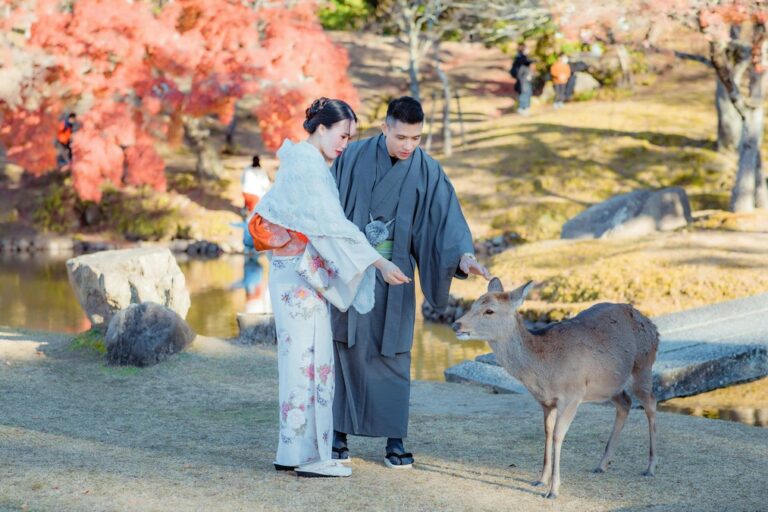
In Japan, bowing, or ojigi, is a form of greeting, showing respect, and expressing gratitude. This gesture is an important etiquette learned from a young age and taught in households and schools. It’s so integrated into Japanese culture that even the deer do it!
Feed the deer in Nara Park, one of the best places to visit in Japan, to experience this first-hand. Buy special biscuits for the deer, and give a bow before you hand over the treat. The deer will bow back!
7. Japan is one of the safest countries in the world
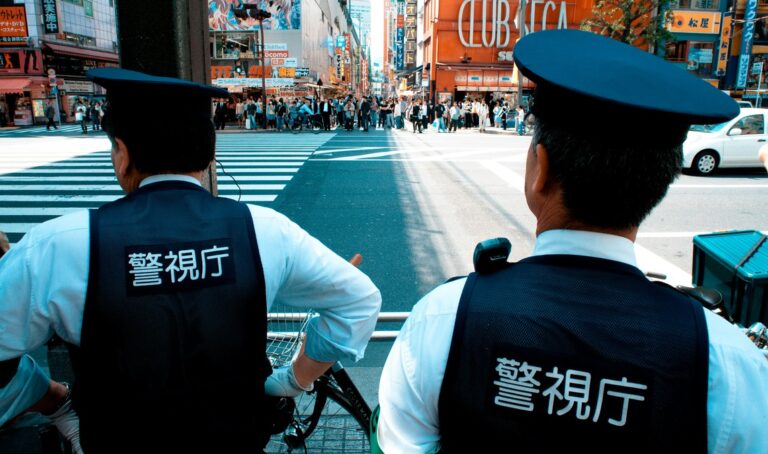
With an incredibly low crime rate, Japan is considered one of the safest countries in the world. It seems there are more police officers than petty crime incidents. Strict laws, a strong sense of community, and respect for all make this possible.
In fact, many Japanese people would instead leave a wallet on the ground or turn it in rather than steal the cash.
8. Japan has some of the strictest safety food standards in the world
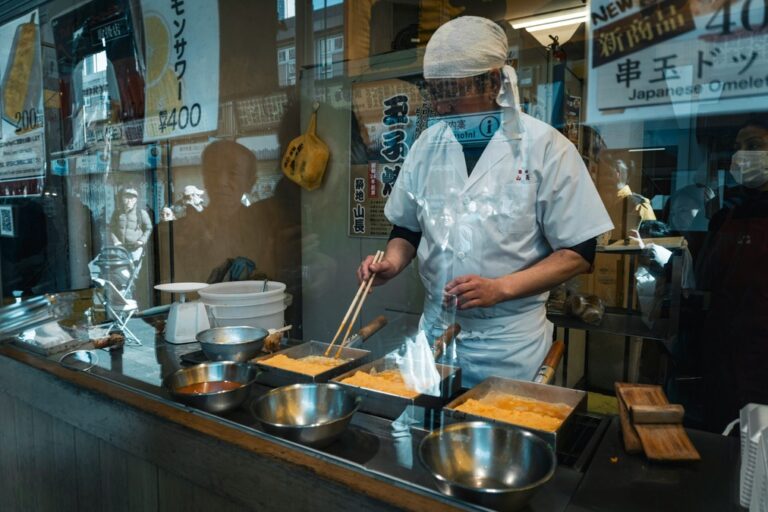
One fun fact about Japan is that it has some of the strictest food safety standards in the world. From perfectly packaged convenience store meals to fresh sushi, all food undergoes thorough inspection to maintain freshness, quality, and hygiene.
This means you can enjoy everything from the busy Tokyo street food stalls to high-end dining without having to worry about catching a stomach bug.
9. Tipping in Japan is considered disrespectful
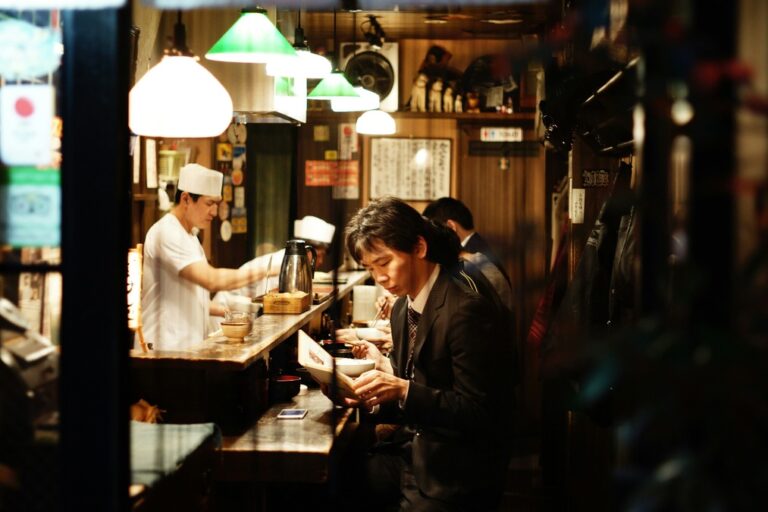
Tipping is not only unnecessary, but it’s also considered disrespectful in Japan. It’s one of the most interesting facts about Japan because it represents the wider acceptance that excellent service and respect are a part of the job.
Workers take pride in providing professionalism without expecting extra compensation. If you do happen to leave a tip, this may cause confusion, and many will politely refuse it.
10. Japan has over 6,800 islands
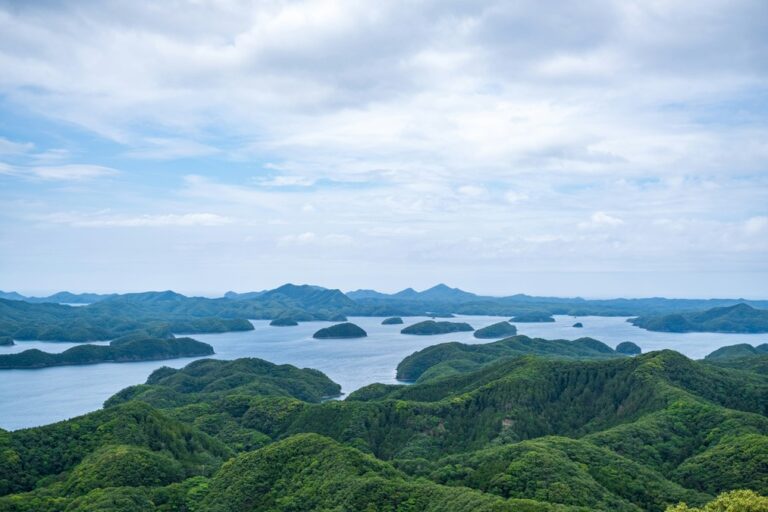
Japan is the largest island nation in East Asia, comprising over 6,800 islands. There are four main islands, including Honshu, Hokkaido, Kyushu, and Shikoku, and countless hidden gems waiting to be explored.
Make sure to include the Okinawa and Ogasawara islands in your Japan travel guide for a more tropical atmosphere.
11. In Japan, there’s a vending machine for every 25 people
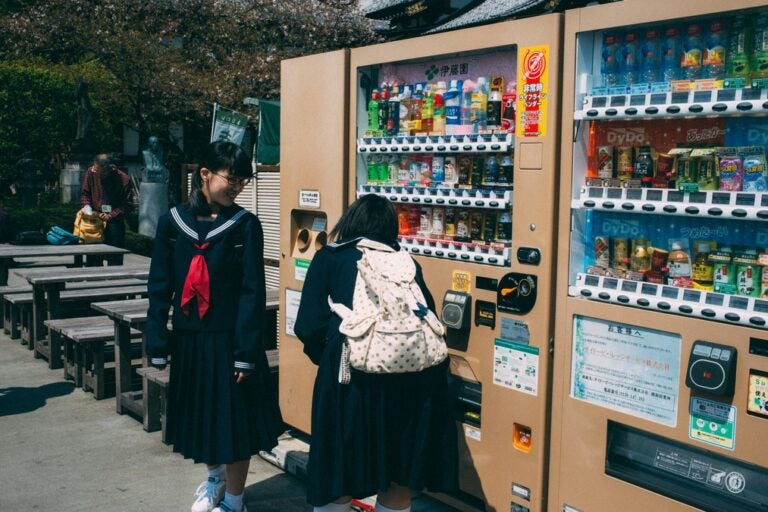
Japan is home to over 5 million vending machines, meaning there’s always an opportunity to grab snacks. The majority of the vending machines sell hot and cold drinks, juices, and a variety of teas, but you can also find ones that sell beers, snacks, and even fortune cookies.
You might come across a rare vending machine that dispenses cigarettes, noodles, rice, and even Japan SIM cards.
12. There’s a Cat Island in Japan
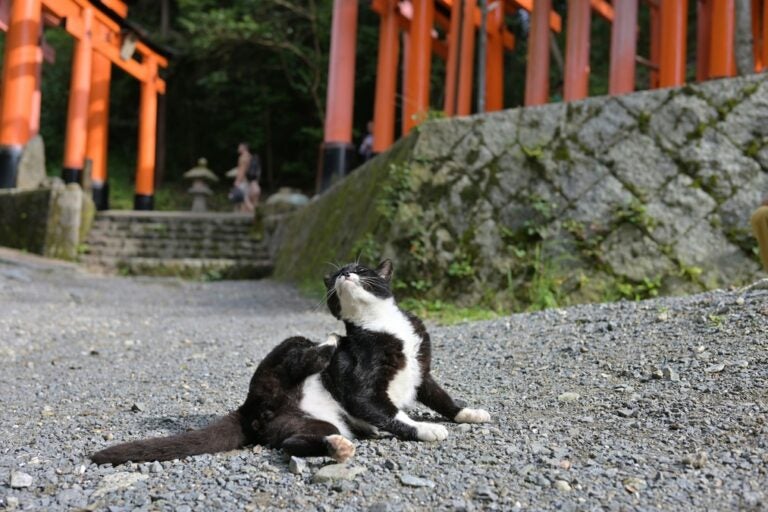
Did you know Japan has an island with more cats than humans? Aoshima Island is a cat lover’s paradise and is a small fishing island off the coast of Ehime prefecture in Japan.
With over 120 free-roaming cats and around 20 humans, Aoshima Island has exploded with tourism. However, a daily visitor cap prevents the elderly residents – both human and feline – from becoming overwhelmed.
13. Having KFC is a Christmas tradition in Japan
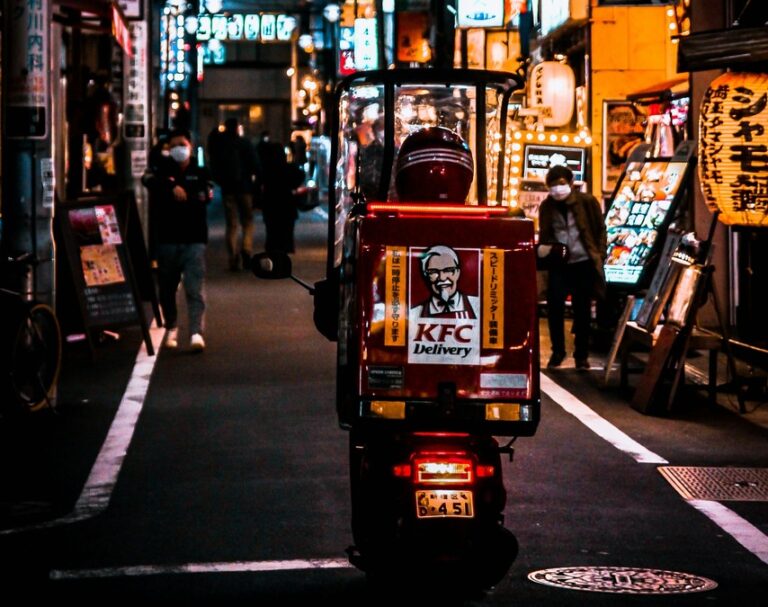
An interesting fact about Japan is that KFC is not just a fast-food delight but also a Christmas tradition. Although Christmas isn’t a national holiday in Japan, many families celebrate by enjoying a crispy meal.
This tradition dates back to a marketing campaign called “Kentucky for Christmas” in the 1970s, and it has now become an annual custom.
If you’re traveling for the holidays, make sure you’re prepared by researching what to pack for Japan, including comfortable walking shoes, long-sleeved T-shirts, and thermal underwear. While Japan doesn’t get snow during Christmas, the weather is cold, but you’ll still get to enjoy the sun during the daytime. Remember to get a KFC sweater to enjoy Christmas like the locals do!
14. In Japan, you can eat special lunch boxes on trains
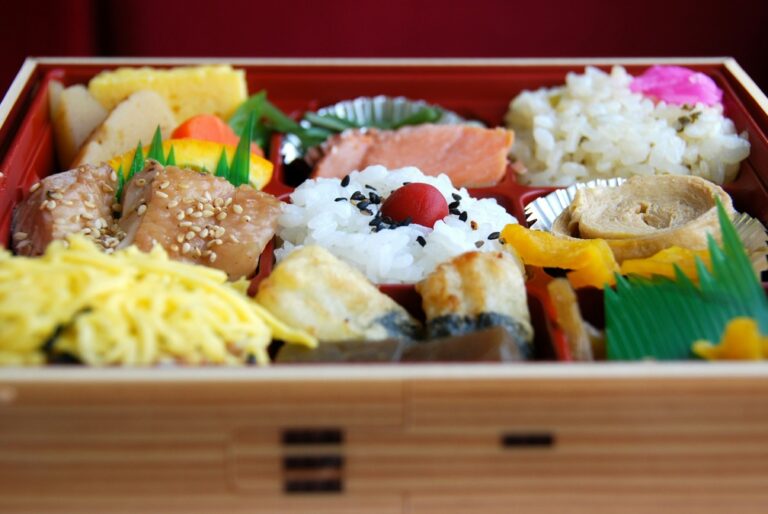
If you’re getting on a bullet train in Japan, the only other thing you can be excited about is Ekiben, bento boxes. Now, you can sample the amazing local cuisine and also use the efficient railway network.
There are various types of Ekiben sold across Japan, and each type reflects the local produce and flavor palettes.
15. Tokyo is home to 17 famous public toilets
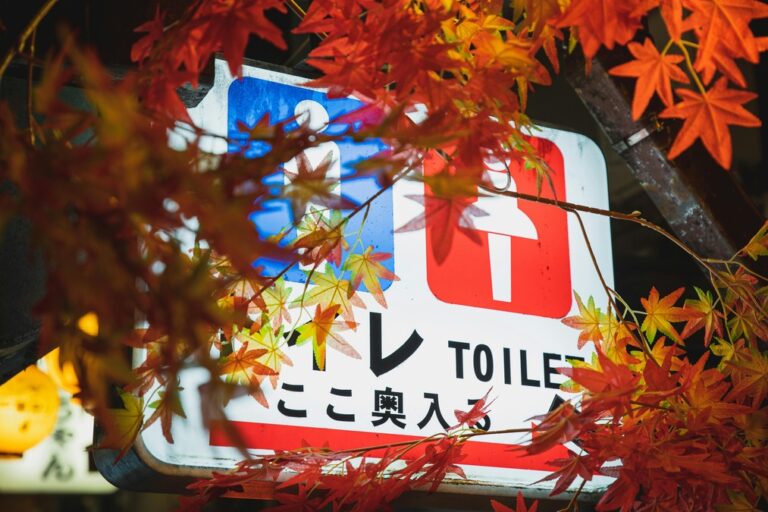
In Japan’s capital city, there are 17 famous public toilets by creators from around the world. Toilets are a symbol of Japan’s hospitable culture. Not only are these toilets functional, but they’re also architectural masterpieces that turn from transparent to opaque when occupied.
Navigate the city and find one of these unique toilets using the right travel apps for Japan.
16. Japanese people don’t favor tons of soy sauce with sushi
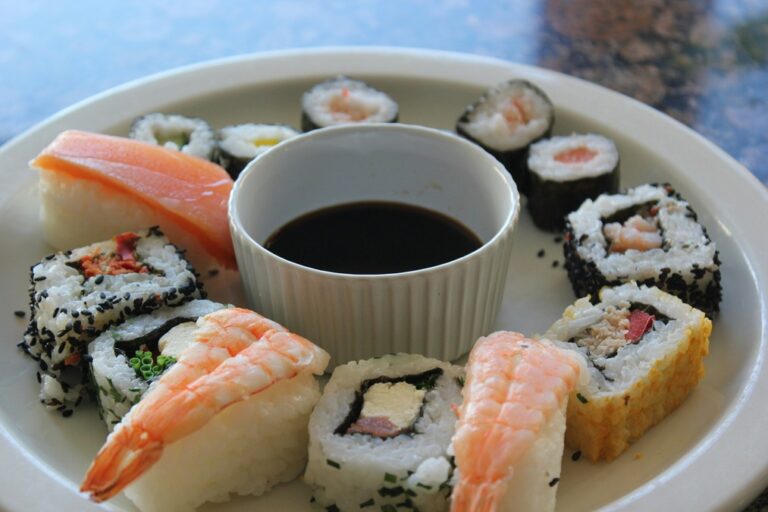
In Japan, it’s considered bad etiquette to douse sushi in soy sauce. The traditional Japanese way only allows a light touch, as soy sauce can overpower the intricate flavors of the fish and rice.
In certain restaurants, the sushi chef will go as far as to brush on the perfect amount of soy sauce for you so you don’t get carried away.
17. Tokyo is home to 13 three-star Michelin restaurants
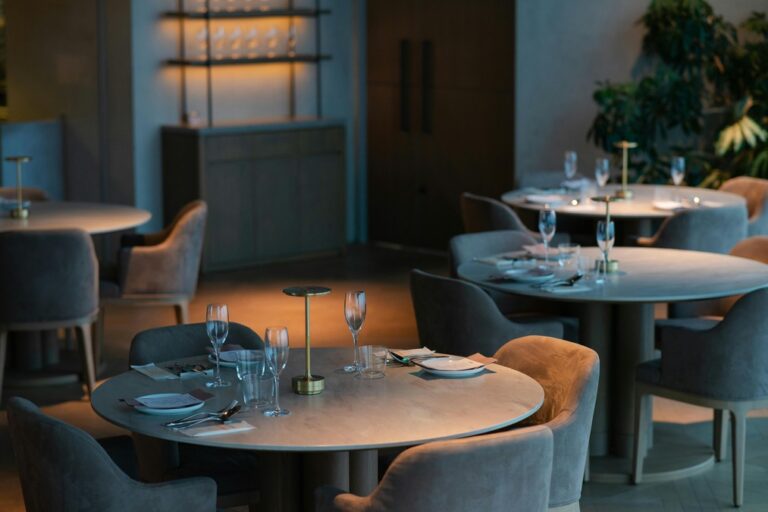
Tokyo is home to the most three-star Michelin restaurants worldwide. Japan’s capital city is a foodie’s dream, with 13 eateries receiving the esteemed three-star grade. Tokyo’s cuisine is a fusion of tradition and innovation, offering everything from fine kaiseki dining to top-notch sushi.
18. Shinjuku Station is the world’s busiest train station
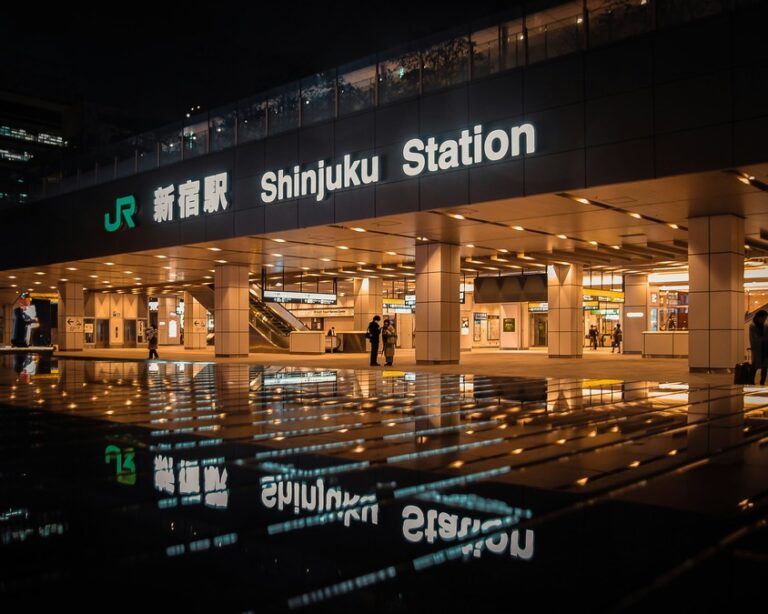
Japan’s Shinjuku Station is the busiest train station in the world, with over 3.5 million passengers visiting daily. Connecting multiple train lines, including subways and bullet trains, Shinjuku Station is a blessing for commuters and travelers.
19. Tokyo boasts the largest population in the world
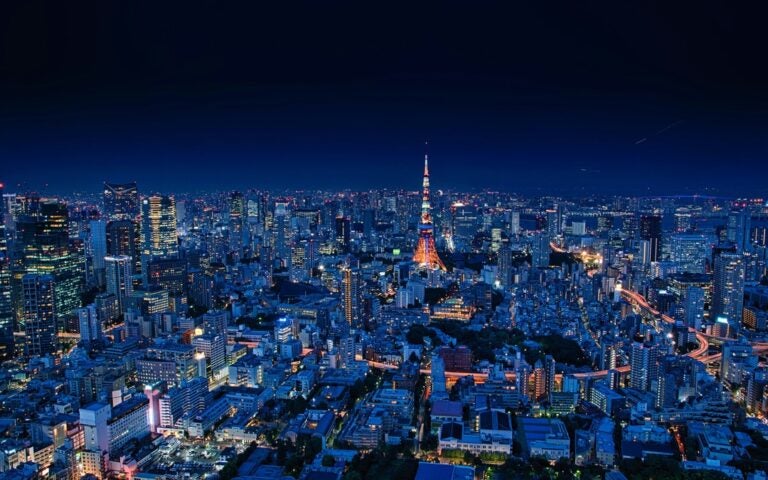
Tokyo holds the title of having the largest population of any city in the world. Home to more than 37 million people in the greater Tokyo area, the city is a harmonious blend of tradition and modernity. Efficiency, cleanliness, and surprisingly orderly crowds are what make up Tokyo’s culture.
20. The world’s largest fish market is in Japan
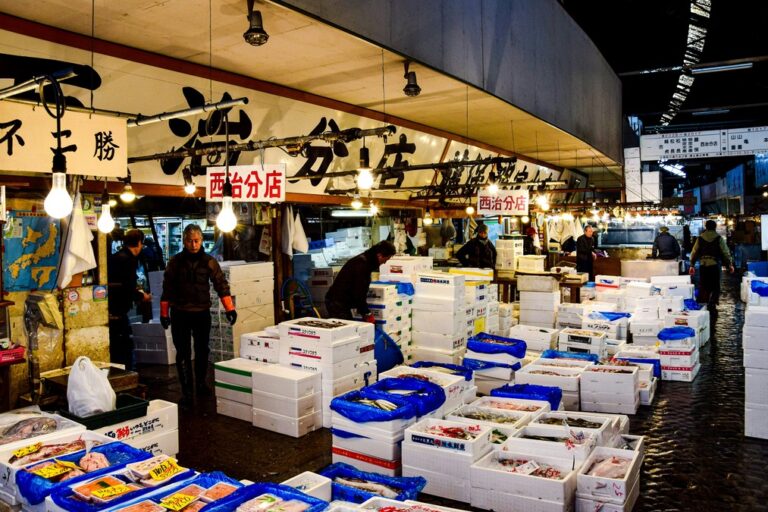
Japan is home to the world’s largest fish market, which sells some of the most popular ingredients and seafood. The market is located in Tsukiji and is nearly 100 years old. One of the most popular activities to enjoy here is watching the tuna auctions in the morning that now take place in the nearby Toyosou Market.
Explore Japan’s fun facts and curiosities with Holafly
From Tokyo’s many daily commuters at Shinjuku Station to the local KFC Christmas tradition, Japan is not only a fascinating place to visit with many tourist attractions but also has many unique features waiting to be explored.
Staying connected is crucial to navigating the world and traveling with peace of mind. Holafly’s eSIM for Japan ensures instant access to maps, travel apps, and translation apps, helping you make the most of your travels.
Share your adventures, look up local customs on the go, and navigate Tokyo’s busy streets — all with the help of reliable internet via Holafly’s Japan eSIM.
- 5-day trip: $29.90 ($5.98/day)
- 7-day trip: $36.90 ($5.27/day)
- 8-day trip: $37.90 ($4.74/day)
The more days you include in your trip, the cheaper your eSIM gets!





 Language
Language 


















 No results found
No results found






